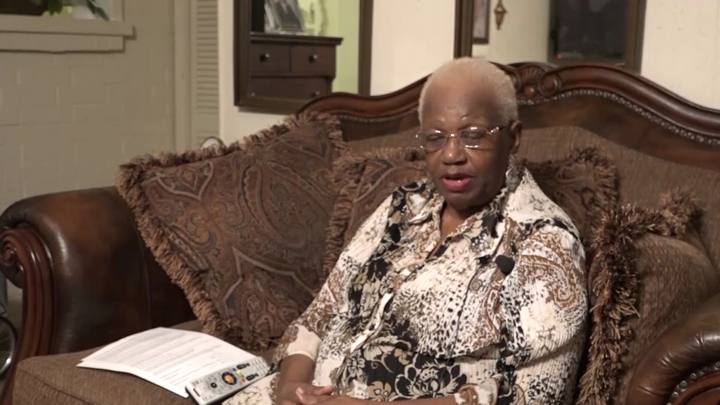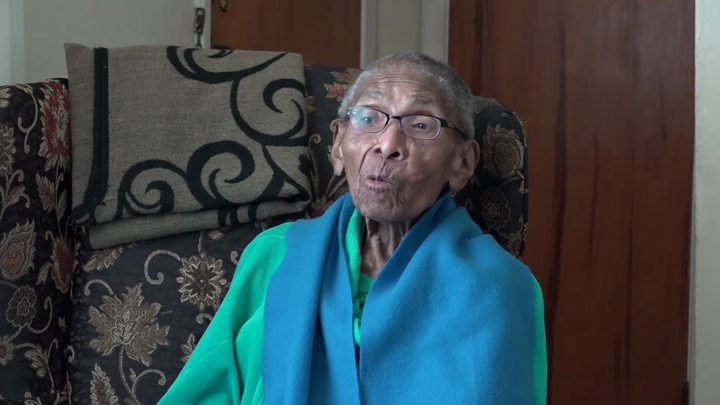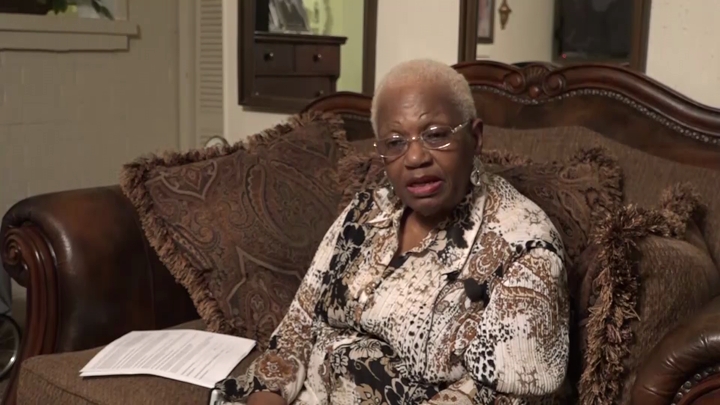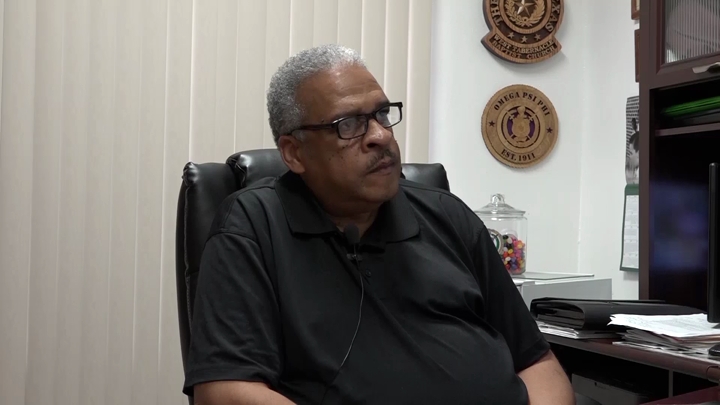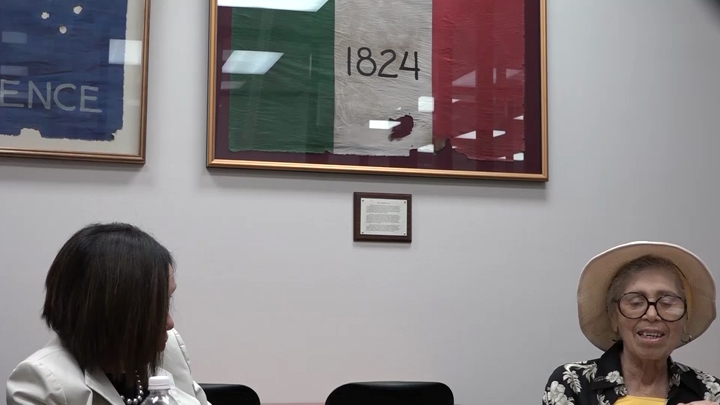Crear / Biographical Information and Secondary Education
sign up or sign in to add/edit transcript
Interviewer: When and where were you born? Crear: I was born in Houston, Texas in Fifth Ward. March 24, 1952. Right close to Wheatley High School which is still, it’s a bit smaller but it’s still there. Interviewer: Where are your parents from? Crear: My parents were from Houston. My mother was a school teacher. She taught at Pleasantville Elementary School which is a black suburb back in the fifties. It was one of the first black suburbs. My father, he was born in Fifth Ward also. My mother was from Third Ward, so that was always a big thing. Yates and Wheatley was always a big rivalry back then. My mother went to Texas Southern and my dad went to Prairie View so that was another thing. My dad later went to medical school in Los Angeles. He became a doctor and, like I said, my mother was a teacher. She taught first grade. In fact, she taught Carl Hampton. She remembers—she said Carl was a good student, he was a joy to have in the classrooms. She remembers him and his brother. They both went—that’s where Carl was from, Pleasantville. They both went to Pleasantville Elementary and my mother taught them. Interviewer: What was his brother’s name? Crear: I’m not sure. James, what was his brother’s name? (off-camera): Ralph. Crear: Ralph. Ralph Hampton. And he had a sister, what was his sister’s name? (off-camera): (inaudible) Crear: Okay. Yeah. Interviewer: Did you grow up in Fifth Ward? Crear: Up until the third grade. The first school we went to because we were born and raised Catholic, and we went to Mother Mercy Catholic School and we also attended the church there. I have a twin sister so we both were there, and we got tired of them nuns hitting on us. We didn’t go back. We went out to Pleasantville with my mother. I remember the nuns calling, asking where we were at and my mother lied to them, told them we were sick, you know. We left our lunch pails and everything. We told mom, “We not going back.” So, we lived in Fifth Ward, but we went to Pleasantville Elementary School. Then, after third grade, like I said, my father went to medical school in Los Angeles and so we moved to Los Angeles in 1961 and it was a big transition. For one thing, people made fun of how we talked and then everybody thought that everybody in Houston had horses. So, you know, it was a big transition. Took a while to get assimilated I guess you say. We stayed there—I didn’t come back to Houston until 1971 and that’s when I joined the People’s Party II. Growing up in Los Angeles and California—California’s most progressive of any place in the country and you can say, as Prince said, a sign of the times. Just like I was in high school, we walked twice. In my junior year—the school I went to was Hamilton High School which was 80 percent white and majority Jewish, but, like I say, when we walked out, the whole student body walked out, not just the black kids. We walked out in support of Fremont High School which was majority black. The kids at Fremont had walked out because of the conditions of the school, conditions of the books. It was a whole thing, they would get—it probably was more brand-new basketballs than there was books, or footballs, or that kind of thing. So, we walked out in support of them, but then we also had our own demands. We demanded that they eliminate the dress code, especially like for women. Women couldn’t wear shorts. We could wear shorts, but the females couldn’t wear shorts. They could wear culottes, which I don’t know if you know culottes, but it looks like a dress, but they’re shorts. So, we demanded that. We demanded that we could wear sideburns, or we could wear sandals. We threw all that stuff in. We walked out for two days and it was—they brought the police on campus. This was in high school they brought the police on campus because we took over the administration building and they called in the police, but then we got most of the things that we asked for. The second time we walked out was my senior year and it was Martin Luther King’s birthday and we demanded that they have some type of thing to recognize Martin Luther King. So, when they said well they had to think about it, we just walked out. I’ll never forget the principal, Mr. Sanders, he was a redhead, you know, a white guy. He came out, he was crying. He had tears. He was begging us to please come back in the class, so we told him no. He said, “I tell you what, y’all don’t have to go back to class. We’ll go to the auditorium and we’ll have an assembly in honor of Martin Luther King.” So, then we agreed to come back in. It was a sign of the times. It was a lot of things going on in the sixties, late-sixties.
| Interview | Interview with John Crear |
| Subjects | Work › Occupations |
| Housing › Neighborhoods | |
| Religion › Religious Denominations | |
| Education › Higher Education | |
| Education › Teachers and Administrators | |
| Medicine and Health | |
| Historic Periods › 1951-1955 | |
| Student Activism › School Walkouts | |
| People › King, Martin Luther, Jr. | |
| Family › Parents | |
| Tags | Prairie View A&M University |
| Hampton, Carl | |
| sign up or sign in to add/edit tags | |
| Interview date | 2016-06-06 |
| Interview source | CRBB Summer 2016 |
| Interviewees | Crear, John |
| Interviewers | Enriquez, Sandra |
| Rodriguez, Samantha | |
| Locations | Los Angeles, CA |
| 5th Ward, Houston | |
| Duration | 00:06:09 |
| Citation | "Biographical Information and Secondary Education ," from John Crear oral history interview with Sandra Enriquez and Samantha Rodriguez, June 06, 2016, Civil Rights in Black and Brown Interview Database, https://crbb.tcu.edu/clips/3492/biographical-information-and-secondary-education, accessed February 26, 2026 |


